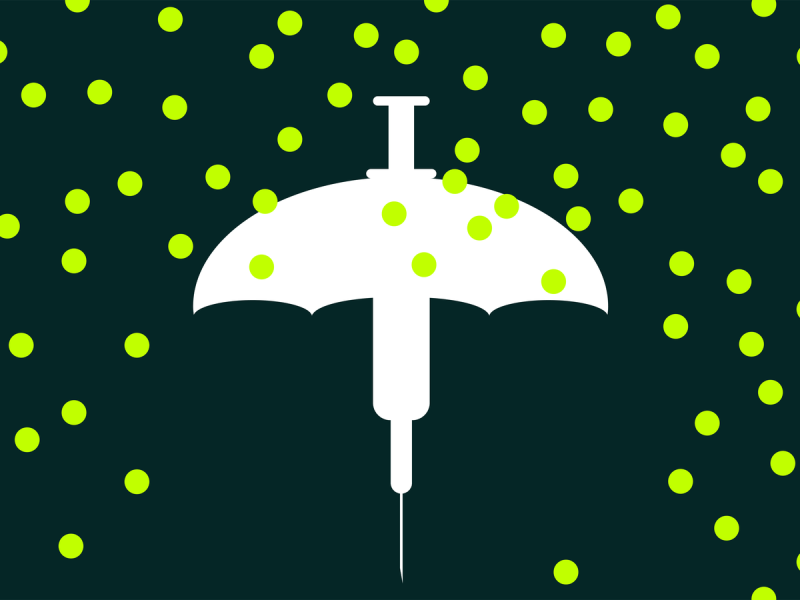Imagine a future scenario in which a dangerous new virus is detected in chimpanzees. To prevent this virus from spreading to humans, biologists decide to deliberately infect scores of wild chimps with a transmissible vaccine—an infectious, lab-grown virus that immunizes, rather than harms, its host. The chimps, now vaccinated, no longer pose a threat to humans.
That solution sounds too good to be true, which is exactly the problem, as scientists warn in a new Policy Forum published [January 6] in Science. Self-spreading vaccines are potentially dangerous and difficult to manage, and are “genetically too unstable to be used safely and predictably outside contained facilities,” write the authors.
This is not just their opinion, the authors argue. Rather, it’s an “evidence-based norm” that’s been around for decades, but this “norm now seems to be challenged,” they write. The result is an increased potential for “risky research on lab-modified self-spreading viruses,” according to the report. This could lead to a normalization of the concept and eventual real-world use without the proper safeguards.































